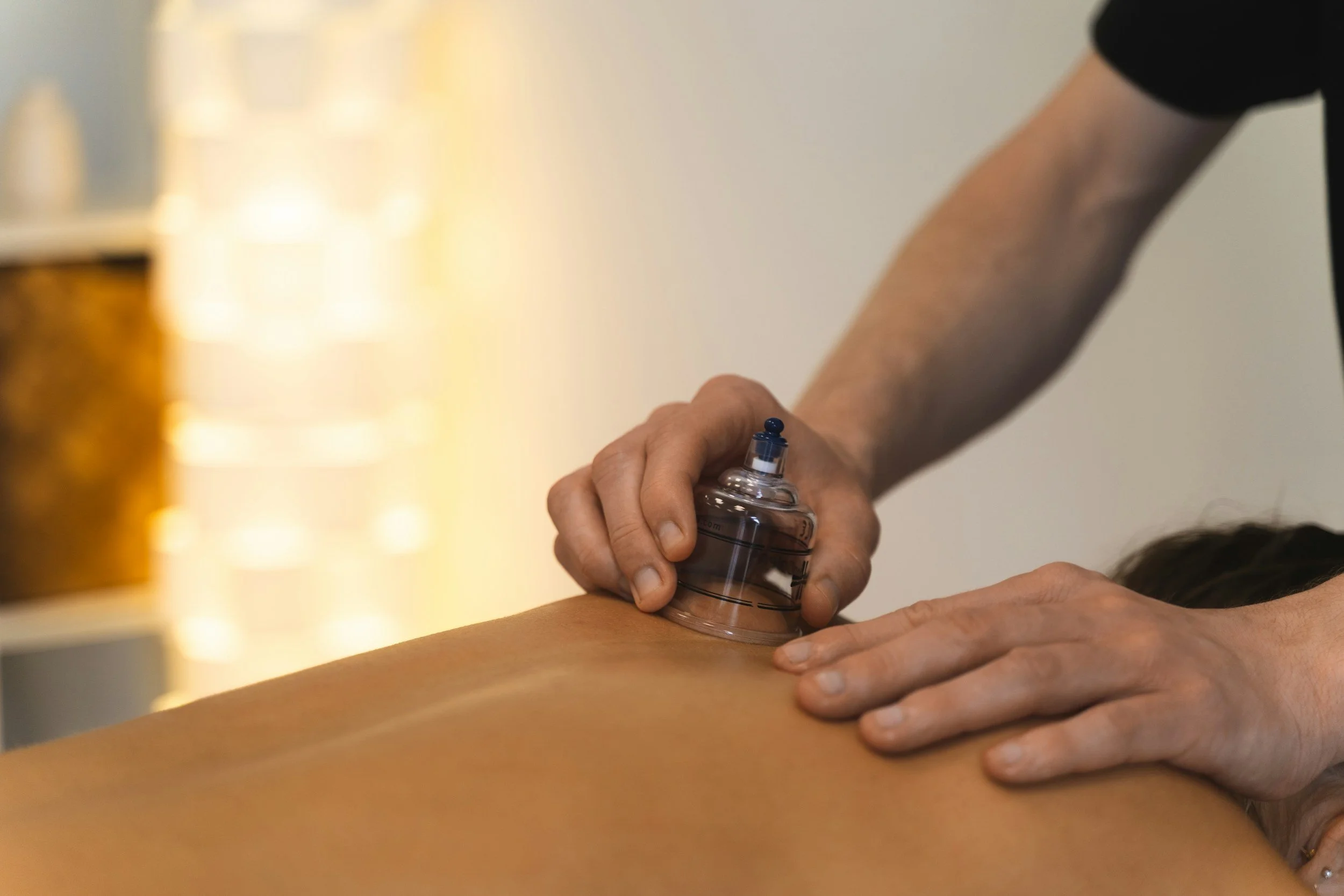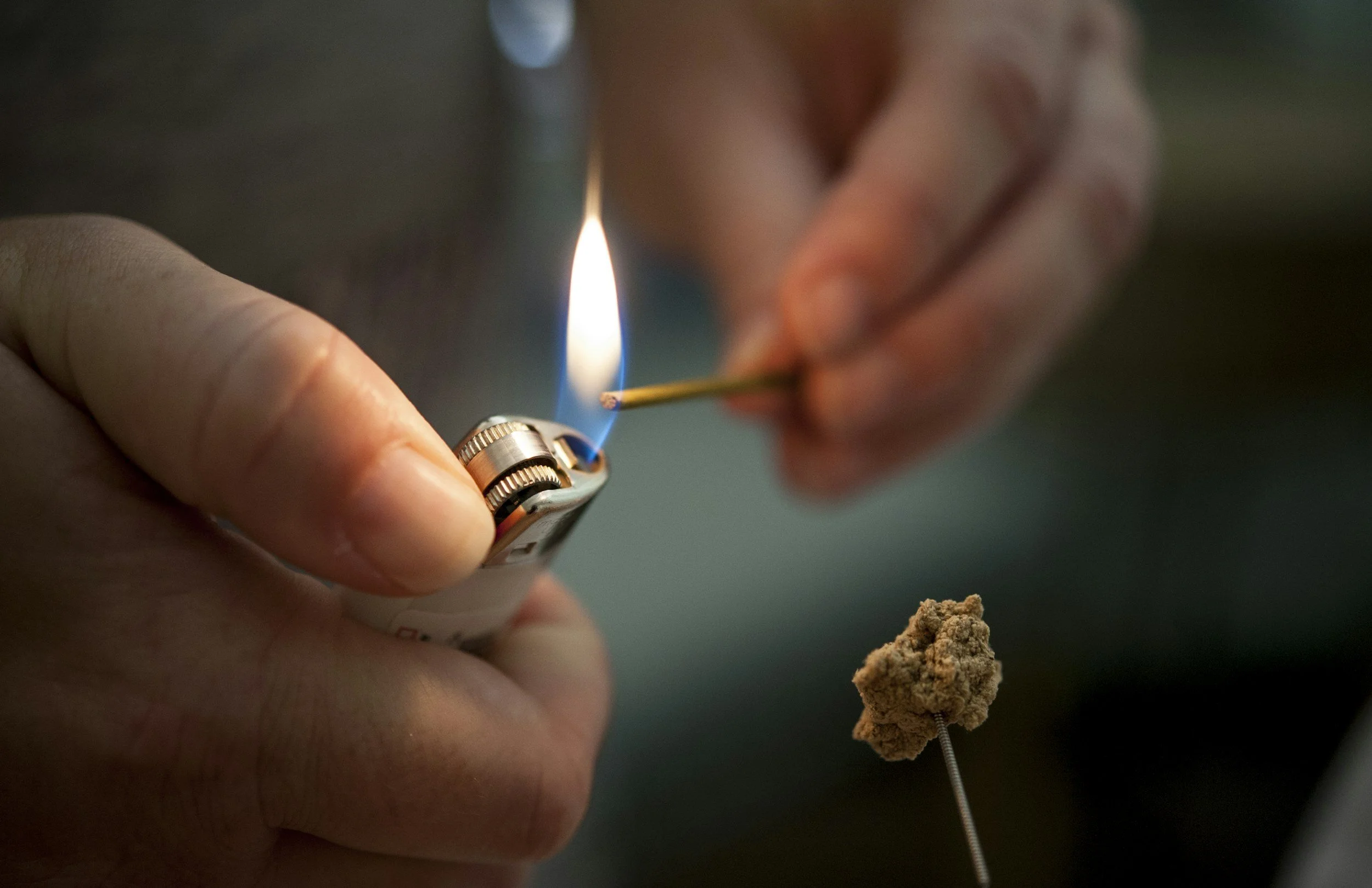Chinese Medicine for Skin Conditions: A Holistic Approach to Dermatology
Understanding Skin Conditions in Chinese Medicine
In Western medicine, skin conditions are often diagnosed by type — such as eczema, acne, or psoriasis — and treated with topical corticosteroids or other anti-inflammatory creams. While this can be effective, a one size fits all approach is not going to effective for everybody.
In Chinese medicine, every skin condition is seen as unique and treatments are individualized. For example, if two people are diagnosed with eczema in Western Medicine, each will receive an individual Chinese medicine diagnosis and treatment plan based on their body’s internal balance and underlying patterns of disharmony.
Dermatology is one of my favorite areas of Chinese medicine because of the incredible diversity of treatment options for the presentations we see in clinic. Many of my patients come to me after being told there is no clear cause for their skin symptoms, and that long-term steroid use is their only option. They’re often surprised by the range of therapies Chinese medicine and acupuncture can offer, including:
Custom herbal medicine decoctions
Topical herbal creams and washes
Acupuncture treatments
Soaks and compresses designed to calm inflammation
Below are a few examples of how Chinese medicine approaches common skin conditions.
Acne and Chinese Medicine
In Traditional Chinese Medicine (TCM), acne is classified according to internal patterns such as heat, dampness, stagnation, or deficiency. These patterns determine the treatment approach, both in herbs and acupuncture. Some examples seen in clinic are:
1. Damp-Heat Acne
Typical signs: Oily skin, yellow or white pustules, redness, heat, pain, and breakouts in the T-zone. Worsens with stress or certain foods.
Common herbs used: Cang Zhu, Ku Shen, Pu Gong Ying, Ye Ju Hua
Acupuncture points used: ST42, ST6, SP9, plus facial needling around lesions
2. Blood Stagnation Acne
Typical signs: Deep, cystic, or purple-coloured pimples (often hormonal), worse before menstruation.
Common herbs used: Dan Shen, E Zhu, San Leng, Bei Mu
Acupuncture points used: SP10, LR3, LI4, facial needling
3. Liver Qi Stagnation Acne
Typical signs: Hormonal acne linked to stress, PMS, bloating, or breast tenderness.
Common herbs used: Chai Hu, Chen Pi, Dang Gui
Acupuncture points used: LR3, LI4, SP10, facial needling
Eczema and Chinese Medicine
Eczema (atopic dermatitis) is one of the most common skin conditions treated in Chinese medicine. TCM sees eczema as a reflection of internal imbalances — often involving the immune system, stress, or diet. Some common examples are:
1. Wind-Heat Eczema
Typical signs: Hot, red, itchy skin that flares in warm weather; often seen in children or new flare-ups. May accompany asthma or allergies.
Common herbs used: Chan Tui, Bai Ji Li
Acupuncture points used: GB31, SJ5, DU14, LI11, local needling or moxa, cupping
2. Blood Deficiency Eczema
Typical signs: Dry, flaky, pale skin; severe itching, especially at night; often chronic.
Common herbs used: Dang Gui, Huang Qi, He Shou Wu
Acupuncture points used: BL15, ST36, SP3, LI11, with gentle moxa
Psoriasis and Chinese Medicine
Psoriasis is often viewed in TCM as a disorder of “blood heat” or “toxic heat,” with chronic cases also showing signs of blood dryness or deficiency. Treatments aim to cool heat, nourish the blood, and relieve itching. Common examples are:
1. Toxic Heat Psoriasis
Typical signs: Red, hot, thick plaques that itch or burn; common in acute flare-ups.
Common herbs used: Ling Xiao Hua, Qi Ye Yi Zhi Hua
Acupuncture points used: LI11, LI10, LI4, GB31, SJ5
2. Blood Deficiency Psoriasis
Typical signs: Chronic dryness, scaling, and itchiness (especially at night); may include fatigue or headaches.
Common herbs used: Dang Gui, Huang Qi, He Shou Wu
Acupuncture points used: BL15, ST36, SP3, LI11, moxa as needed
The Deeper Meaning of Skin in Chinese Medicine
Your skin tells a story about what’s happening inside the body. One of my teachers once explained that the body is like a piece of fruit — you can tell a lot about its health by looking at the skin’s colour, texture, and tone.
Similarly, in Chinese medicine, skin symptoms reflect internal imbalances involving the Liver, Lung, Spleen, or Blood systems. That’s why addressing only the surface symptoms rarely brings lasting results.
Chinese medicine works to treat the root cause, rebalancing the body’s internal environment to restore healthy, radiant skin from the inside out.
If you’re looking for a Chinese medicine practitioner in Sydney who treats skin conditions such as acne, eczema, or psoriasis, I’d love to help. Book a consultation to find relief that goes more than skin-deep





